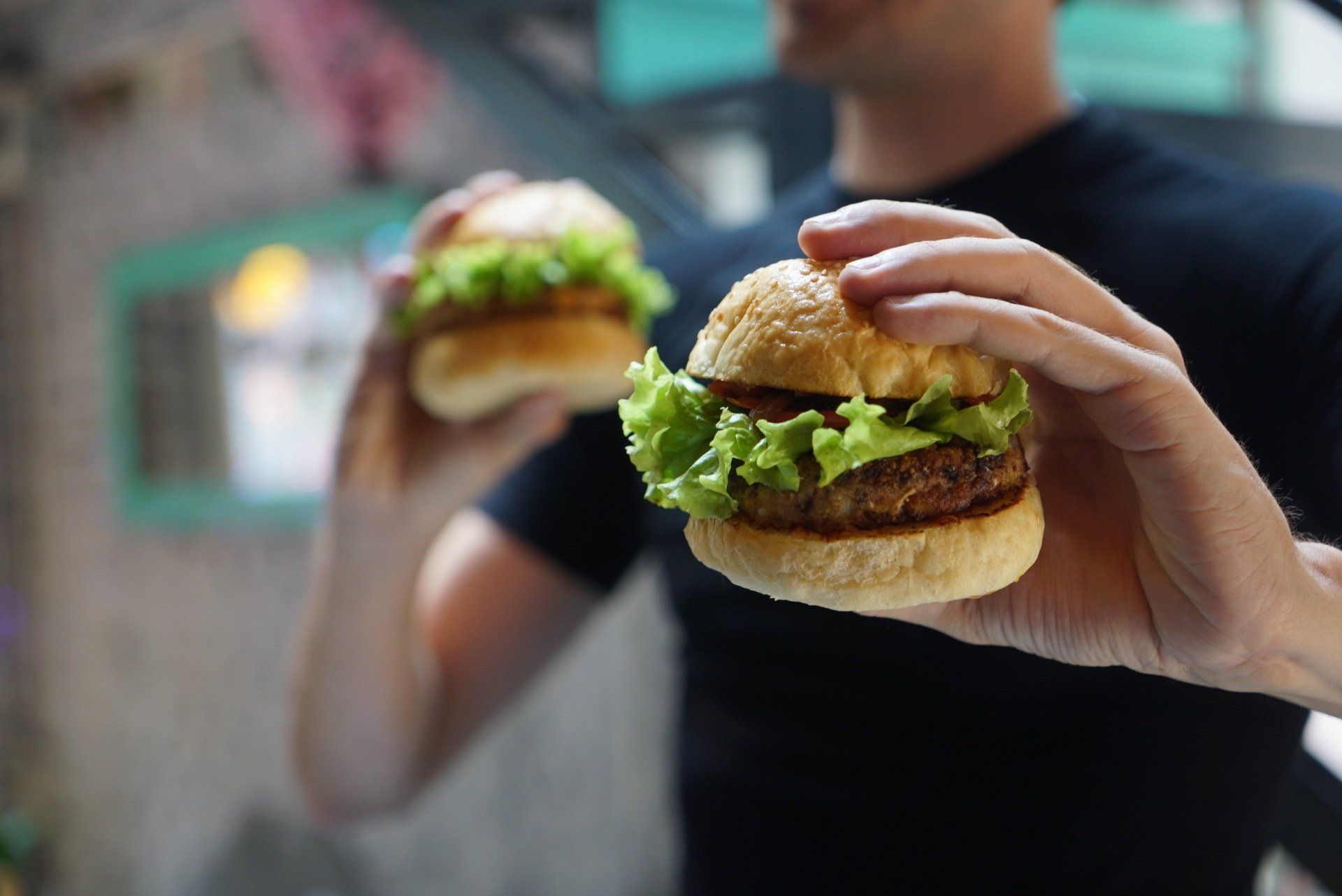Best Anti-Diet Approach To Weight Loss
#2 Mindful Eating
Why It Won
If you're looking to lose weight and develop a healthier relationship with food, mindful eating may be the right approach for you. Mindful eating helps break the cycle of viewing certain foods as "good" or "bad," which can lead to feelings of guilt or shame after consuming "bad" foods. Instead, mindful eating teaches you to listen to your body's hunger cues and eat accordingly. This creates a more positive relationship with food and makes it easier to maintain a healthy weight long term.
Mindfulness Eating courses are plentiful and can be found in apps like Headspace, courses by weight loss coaches, and online education classes.
What Is Mindful Eating?
Mindful eating is the practice of being fully present and aware while eating. This means being aware of the taste, texture, smell, and appearance of the food, as well as your thoughts and feelings about it. It also involves paying attention to how your body feels before, during, and after eating. People who practice mindful eating aim to become more aware of their eating habits and learn to listen to their bodies' hunger and fullness cues. They also strive to eat in a way that improves their overall health and well-being. In other words, they try to make every bite count.
Background
The practice of mindful eating, which began gaining popularity in the West in the 1970s, involves being fully present and aware of the experience of eating, without judgment. Jon Kabat-Zinn, a professor of medicine at the University of Massachusetts, developed a program called Mindfulness-Based Stress Reduction (MBSR), which is an eight-week program that teaches participants how to use mindfulness to reduce stress and improve their overall health. Since then, mindful eating has been adapted for use in a variety of settings, including hospitals, schools, and workplaces. In recent years there has been increased interest in mindful eating as a way to prevent or treat obesity and eating disorders.
What We Love About Mindful Eating
Benefits
When you are aware of your eating habits, you are more likely to make healthier choices. You are also more likely to be aware of your portion sizes, and to feel satisfied with smaller amounts of food. Additionally, mindful eating can help you to better appreciate the taste and texture of your food, which can lead to a more enjoyable and satisfying eating experience overall. Finally, by being more present and aware during meals, you are less likely to overeat or to make unhealthy choices. All of these factors can lead to improved health and wellness.
Research Studies Backing Up The Benefits
There is increasing evidence that mindfulness—the act of being aware and present in the moment—can have significant benefits for our physical and mental health. This includes research indicating that mindful eating can help people control their weight, improve digestion, and manage conditions such as diabetes and high blood pressure. One study, published in 2016 in the journal Obesity, found that a group of people who participated in an eight-week mindful eating program lost an average of four pounds, while those in a control group actually gained weight.
A 2015 study published in the Journal of the Academy of Nutrition and Dietetics found that a group of obese adults who participated in a mindful eating program lost more weight and had better blood sugar control than those who didn’t participate in the program. A 2014 study published in the journal Appetite found that a group of college students who participated in a mindful eating program ate less junk food and felt more in control of their eating than those who didn’t participate in the program. These studies suggest that mindfulness eating can be an effective way to lose weight and improve one's relationship with food.
Advantages Over Dieting
Mindful eating has many advantages over dieting. It can help you become more aware of your eating habits and make healthier choices. Additionally, it can help reduce stress and anxiety around food, as well as improve your overall relationship with food. Mindful eating has been shown to be more effective in the long-term than dieting, which is often associated with yo-yo dieting and other negative health consequences.
How To Follow Mindful Eating
If you’re interested in trying mindful eating, there are a few things you can do to get started. First, make sure to set aside enough time for a meal so that you can focus on the experience. Second, create a calm and relaxing environment, free from distractions. And finally, focus on your senses when you’re eating and really savor each bite. With a little practice, you’ll be on your way to a more mindful relationship with food.
Downsides Of Mindful Eating
Mindful eating has some drawbacks, one being that it can take a lot of time. In our busy world, sitting down and savoring our food can feel like a real luxury. It can also be hard to find the right balance between being mindful of what we're eating and being too restrictive. For some people, mindful eating can turn into an unhealthy obsession with food and weight. And finally, mindful eating is not always easy. It takes practice and patience to learn how to become fully present with our food.
5 Respected Health Websites That Endorse This Diet










